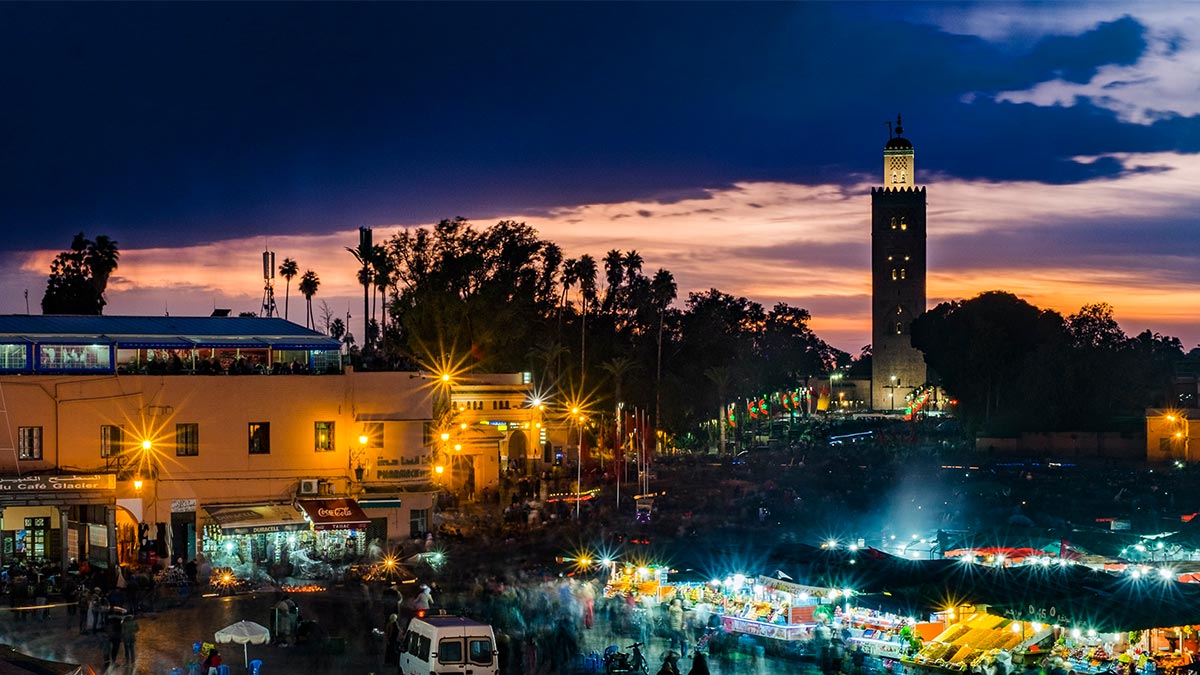Morocco is, by and large, a safe travel destination for tourists and millions visit the exotic country every year without any problems. However, like anywhere in the world, certain health problems do occur and it is sensible to take precautions before, and during your stay.
So, without further ado, here are our top twelve tips to avoid getting sick in Morocco.
Top 12 Tips To Avoid Getting Sick in Morocco:
INOCULATIONS.
Before you go, get a medical check-up and ensure you have up-to-date inoculations for the following:
- chickenpox.
- diphtheria
- tetanus.
- pertussis.
- influenza (flu).
- MMR (measles, mumps, rubella).
- polio.
- shingles.
- Covid-19 is recommended but no longer compulsory.
Hepatitis A is recommended for all visitors to Morocco over the age of one. Hepatitis B is also recommended. A typhoid vaccination is recommended for rural areas. Tuberculosis (TB) is not on the recommended vaccinations list for Morocco which is odd as it is on the increase across the whole country and I caught it and spent 107 days in hospital in isolation. Be careful! People cough and sneeze without covering their mouths or noses, they spit in the street and it’s all a bit disgusting, selfish and dangerous.
No vaccinations or health certificates are required to enter Morocco, but it’s better to be safe than sorry.
If you are on any medication take a supply to last the duration of your stay in Morocco. Not all medication available on prescription or over the counter is available in Morocco. Ask your doctor to write a note stating what medications you need to use, what they are used for, the quantity that you need to take and to confirm it is for your personal use.
INSURANCE.
Make certain that you have comprehensive travel insurance that includes overseas health coverage including medical evacuation. Your government is unlikely to cover the costs for you. If you can’t afford full cover then do not travel. If you are uninsured and the worst happens, you may have to pay the doctor/ hospital in Morocco thousands in advance before they treat you.
INSECTS.
Take an insect repellant. Insect-borne diseases are uncommon in most of Morocco, but typus and leishmaniasis do occur and can be common in the southeast of the country in particular, especially in the rainy season. Here is also the main malaria zone, though the disease is rare, cases are increasing. Ensure your accommodation is insect-proof where at all possible. Wear pale-coloured, loose-fitting clothes that cover your arms and legs. Bedbugs do occur in some cheaper accommodation.
WATER AND FOOD.
Drink bottled water and boil tap water. Make sure the lids on the bottled water are sealed. The water in Moroccan cities is usually potable, but in some rural areas, especially in the south of the country, this is not necessarily the case. Even in the cities, it should be remembered that your gut flora and fauna are different to those found in Morocco and, as your body adapts there may be some stomach and intestinal issues. I have become ill this way only once in eighteen years here, despite drinking the tap water. On that occasion, it was due to an unclean hotel swimming pool. Typically, the pool was drained, cleaned and refilled the following day. It’s unwise to swim in rivers or ponds.
Though Morocco isn’t as bad as to cause the common and horrible “Delhi Belly”, or “Montezuma’s Revenge”, perhaps more comparable to “Spanish Tummy”. diarrhoea due to bacteria in the water and unhygienically prepared food are the principal causes of tourists becoming sick in the country. Be careful of raw or undercooked meat, especially poultry and fish. Fish stalls will often keep throwing tap water over their fish to keep them moist, clean and shiny. Even salads are washed in the local water thus a potential health risk. For the same reason, ice cubes should be avoided.
Boil water for at least a minute and allow to cool before pouring into your clean water bottles.
Water filtration methods are also acceptable, as are purification tablets.
Carbonated drinks and the local beer are safe.
BLACK HENNA.
Do not get a black henna tattoo. The chemicals in them can sometimes irritate the skin and even lead to permanent scarring. The orange/ brown henna is fine.
RABIES.
Keep away from dogs and cats. Rabies is not uncommon in Morocco and recently a European tourist died after contracting the disease after being bitten by a cat he was stroking. If you are scratched or bitten by a dog, cat, bat, or other mammal whilst in Morocco, seek urgent medical attention. Rabies treatment is available in the country. Keep an eye on your children, they love to play with cuddly animals.
HAND-WASHING.
Wash your hands thoroughly before eating. The Moroccans do this themselves and it is very sensible. If there is no soap and water available, use a hand sanitiser. Make sure the sanitiser contains at least 60% alcohol.
SICK PEOPLE.
Stay away from people who are clearly sick! Unless you are Florence Nightingale.
BODILY FLUIDS.
Avoid the exchange of bodily fluids. Not just through sex, but kissing, vomit, blood, urine and faeces. Use in-date latex condoms. AIDS, hepatitis and other sexually transmitted diseases are present in Morocco. Don’t inject drugs and if you must, don’t share needles. This also includes needles for bodily piercings, acupuncture, or tattooing. Try not to get too drunk as when intoxicated you are more likely to make stupid decisions. If you do need medical or dental treatment, ensure the equipment is clean, sanitised, or disinfected.
SLIP, SLAP, SLOP!
Morocco has a very long summer and the sun can be extremely fierce, The UV index is often very high and there is a big risk of sunburn, sunstroke, dehydration and prickly heat.
- Slip on a long-sleeved shirt or blouse.
- Slap on a broad-brimmed hat.
- Slop on lots of high-factor sunscreen. An SPF of +50 is ideal. Reapply every two hours and straight away after swimming. And don’t forget the kids.
A decent quality pair of sunglasses will protect your eyes.
Drink lots of water.
Try to get a room and transport with air-conditioning.
Stay out of the sun from 11am to 3pm where possible.
Remember that UV radiation is not stopped by clouds and you can get burned even when swimming or even in the snow.
AIR POLLUTION.
Some urban areas, in particular Casablanca have terrible levels of toxins in the air that you breathe. This can exacerbate any respiratory problems that you might have, such as bronchitis or asthma, Those travellers with such problems should take a supply of inhalers and perhaps a face-mask.
VENOMOUS ANIMALS.
Snakes, scorpions and rats are also present in the country. Most of these animals are not particularly venomous, but a few are. Be careful walking amongst rocks and if you are in a region known for snakes and scorpions, wear sturdy boots. The majority of tourists will never even see any of these animals you will be glad to know.






